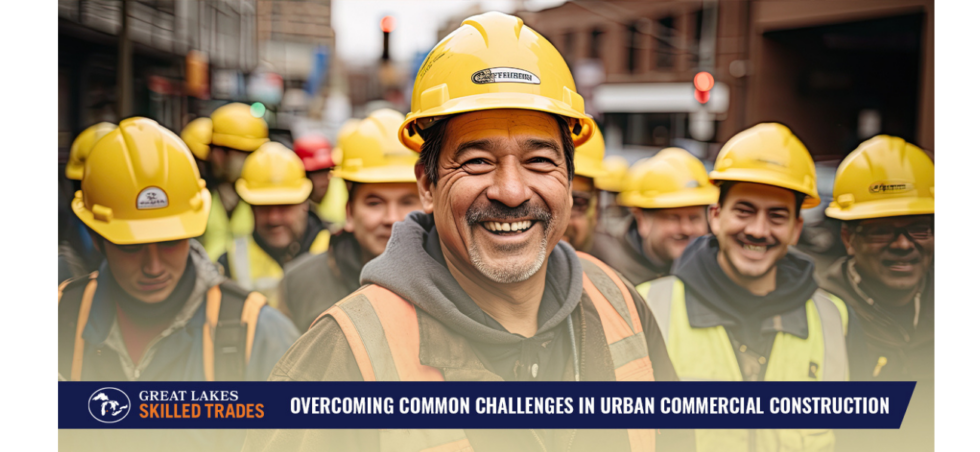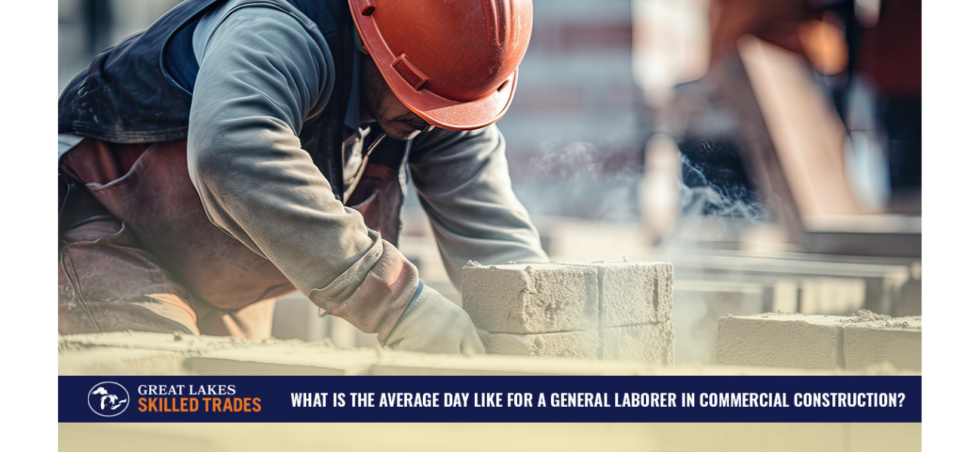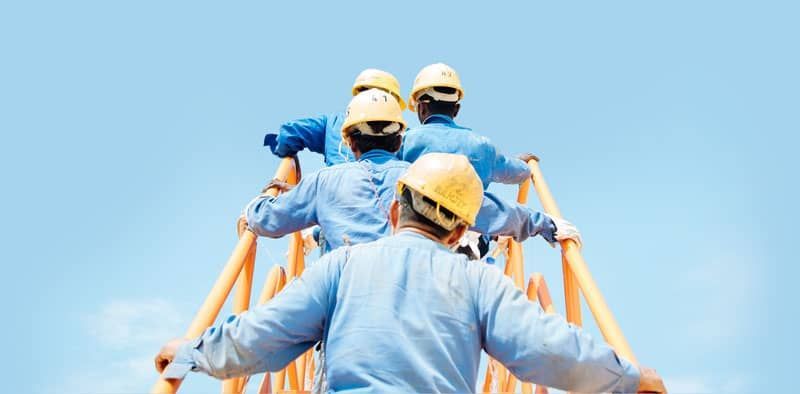Commercial construction includes all sorts of structures that are not single-family or multi-family homes. You might work on small-scale projects, such as retail stores or service businesses. Or you could work on massive buildings, such as hospitals or skyscrapers. Regardless of exactly what type of commercial construction you do, though, on-site expectations are largely the same.
Early Work Hours
Although there are some exceptions, construction crews tend to start early in the morning. This is important in order to maximize daylight since it’s a lot harder to do your best work safely under work lights or other temporary lighting configurations. Of course, the advantage is that you will likely have most evenings free.
Safety Precautions
Safety is key on any job site. When you’re working on a commercial project, especially a larger one that may involve significant heights, it’s even more important. Your foreman or team lead should provide ongoing safety training, as well as any needed personal protective equipment (PPE). Take your training to heart and never work in an unsafe manner, even if you feel pressured to wrap up your tasks.
Teamwork
Commercial construction projects tend to be complex, with many moving parts. Your success depends on your teammates and vice versa. You don’t necessarily have to become close friends, but it’s important to do your part to create an atmosphere of trust and reliability.
Physical Demands
Construction is hard work. You’ll need to be in top physical condition to be successful. You may have to climb ladders or scaffolding, utilize complex safety rigging, or bend and reach into awkward spaces. Before starting a job in commercial construction, consider joining a gym or embarking on a fitness program that will prepare your body for the stress.
Ever-Changing Tasks
No two days on a commercial construction site are ever the same. These jobs go through phases, from planning and permitting to preparing the foundation to creating the interior. And then everything will need to be inspected. Delays are also inevitable. Make sure you’re comfortable with things changing from day to day, and sometimes even hour to hour.
Problem-Solving
Problem-solving is a core skill for any construction worker. Whether a power tool malfunctions or a wall turns out to be out of square, you’ll need the ability to react in real-time. Assessing the situation and then choosing and implementing a solution are all in a day’s work.
Job Security
Talented commercial construction personnel are always in high demand. If you’re good at what you do, you can enjoy strong job security. After all, there will always be buildings to build, even in times of recession.
Ready for a New Skilled Trade Position?
At Great Lakes Skilled Trades, we specialize in connecting professionals in the skilled trades with contractors who need their services throughout the Great Lakes region. If you’re a skilled trade worker looking for your next position, check out our available jobs today!









